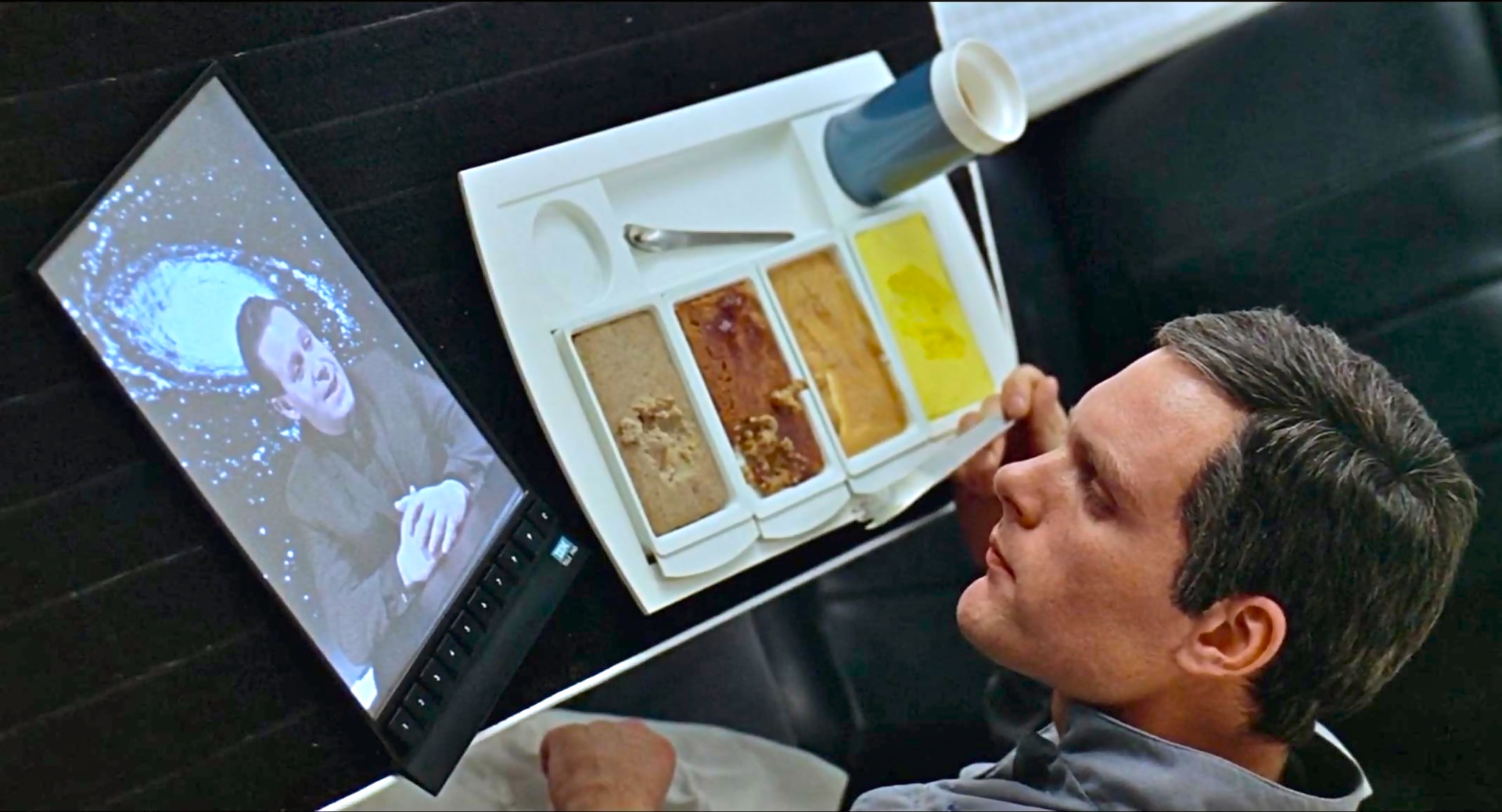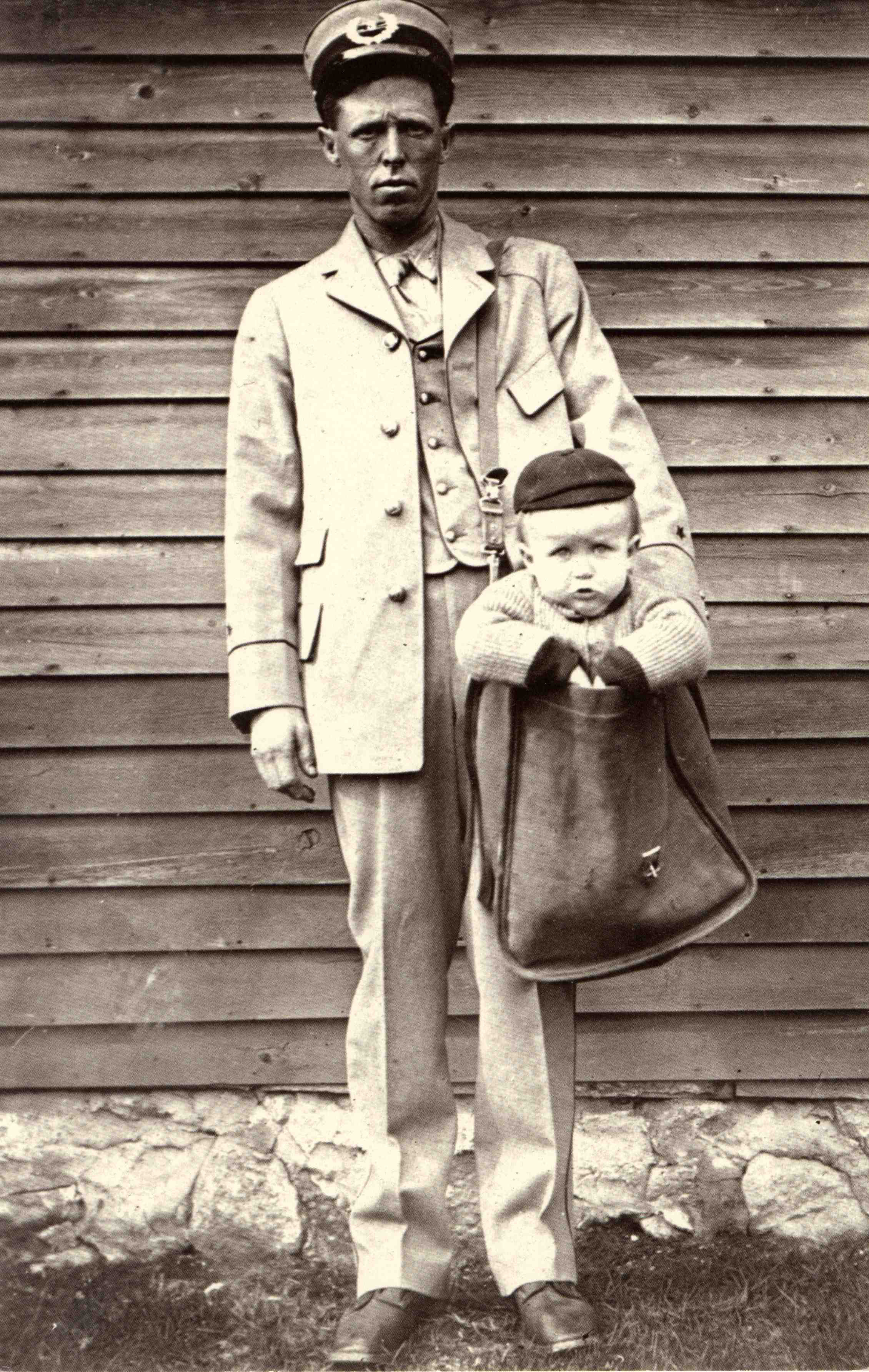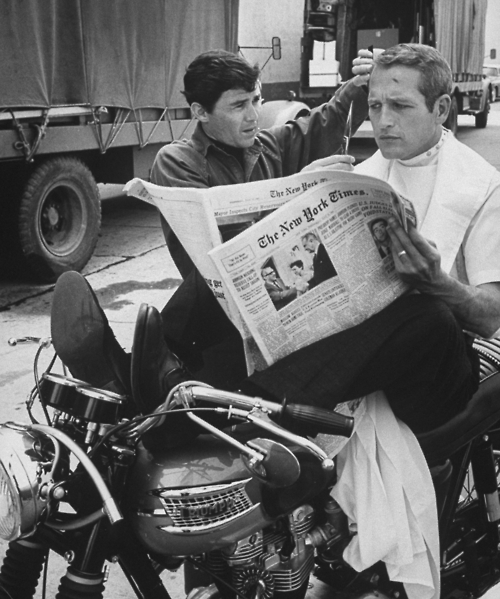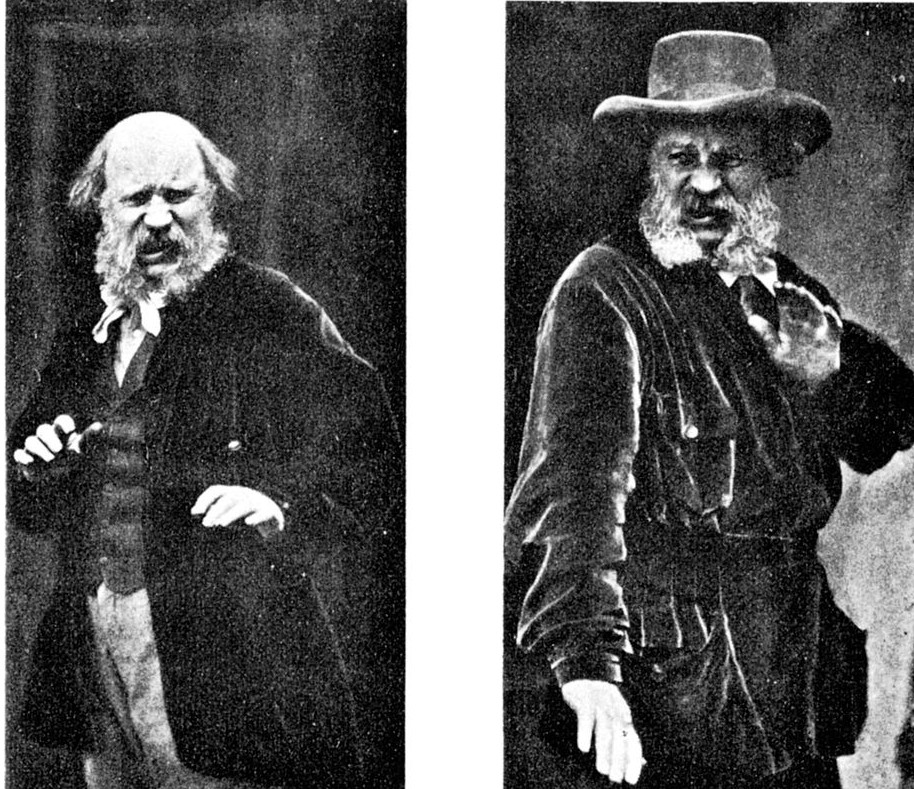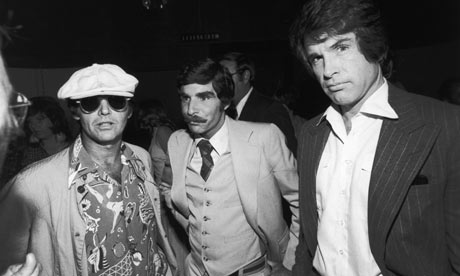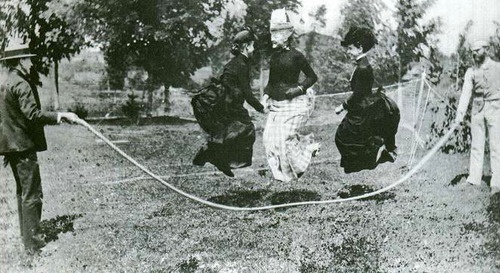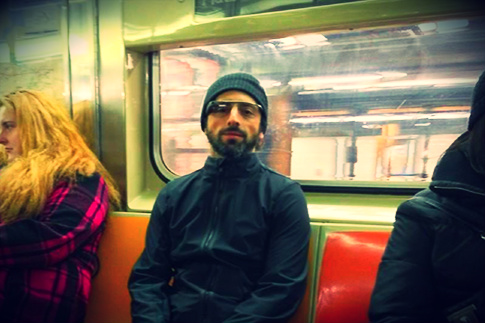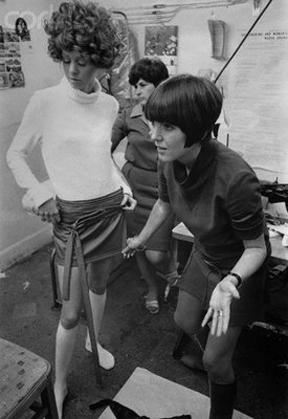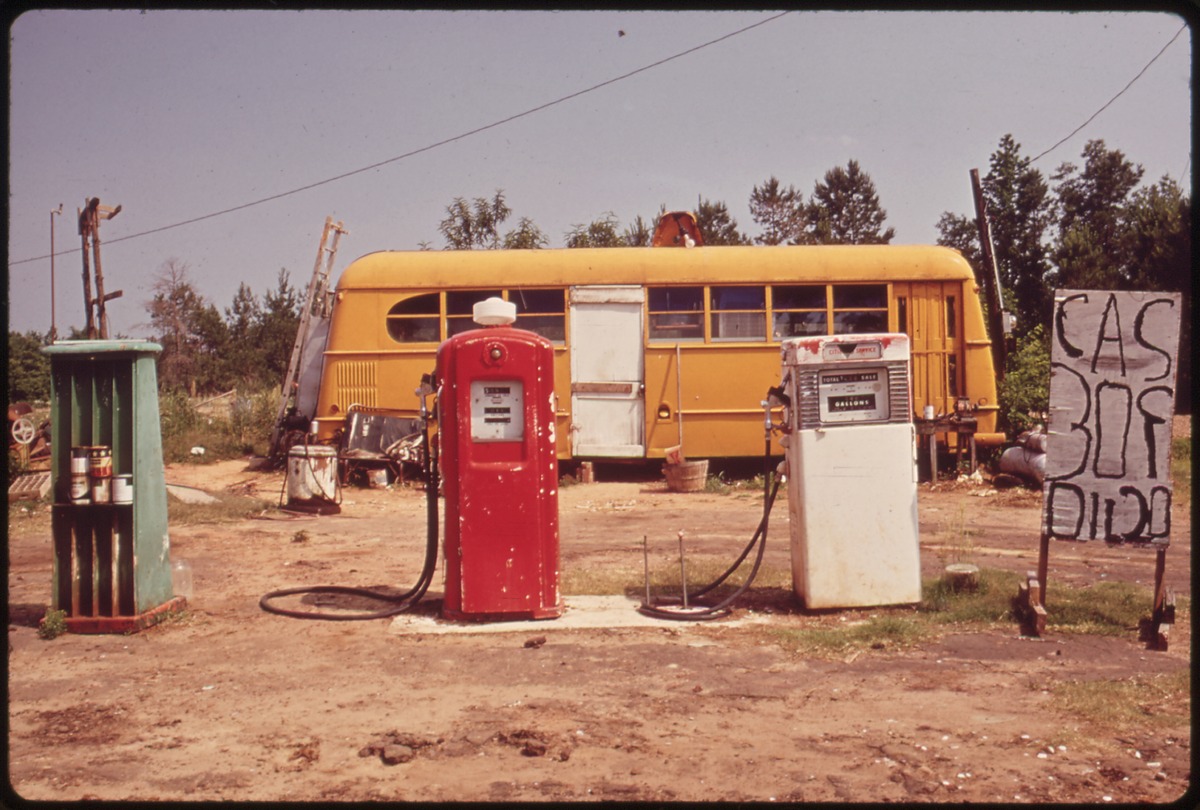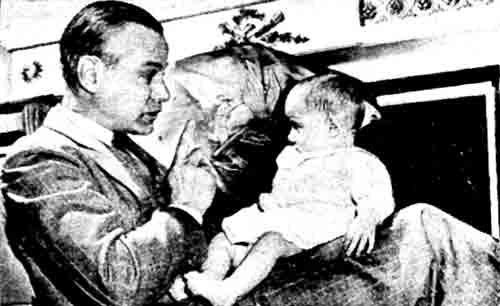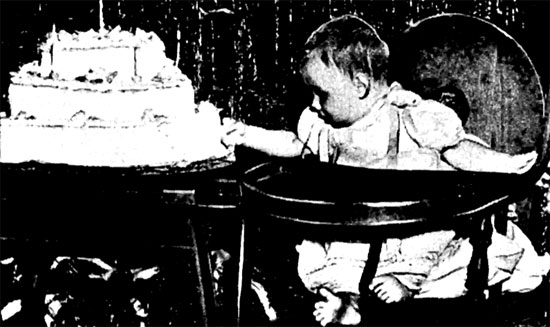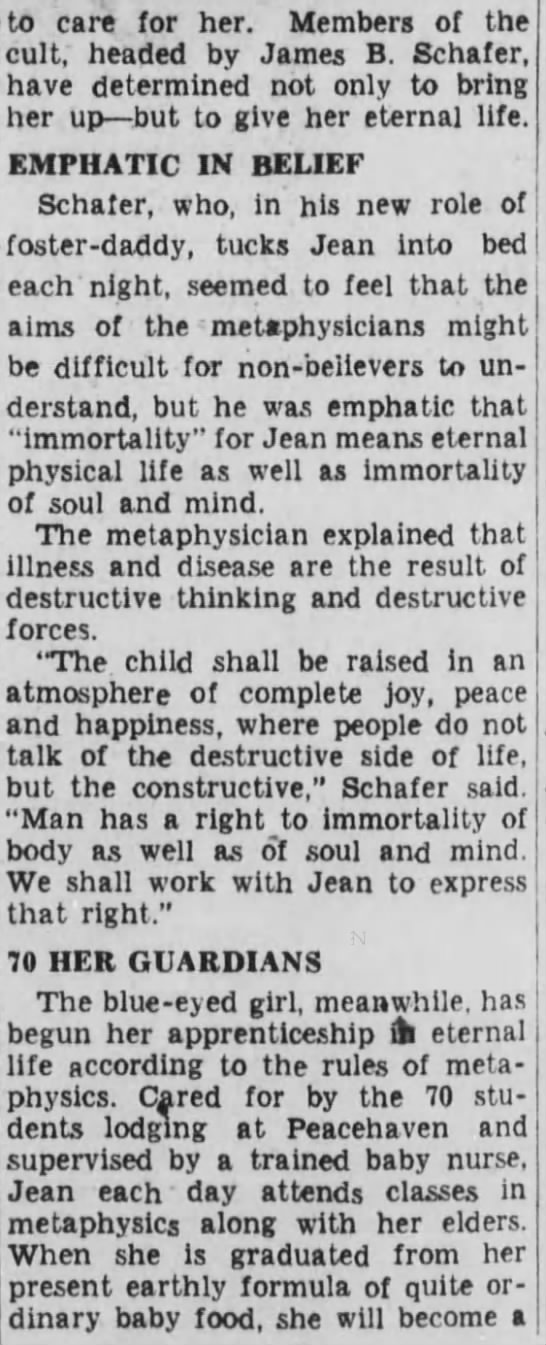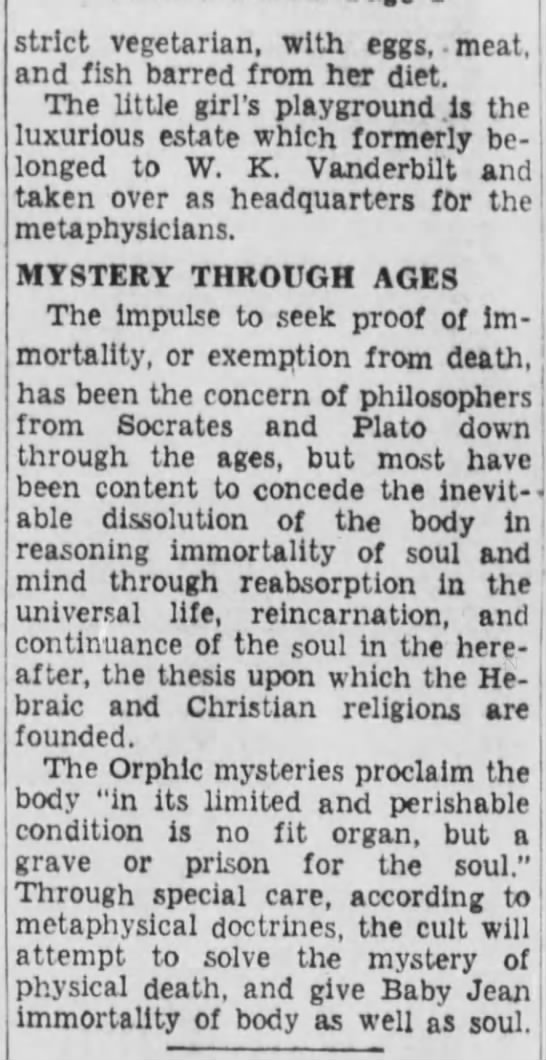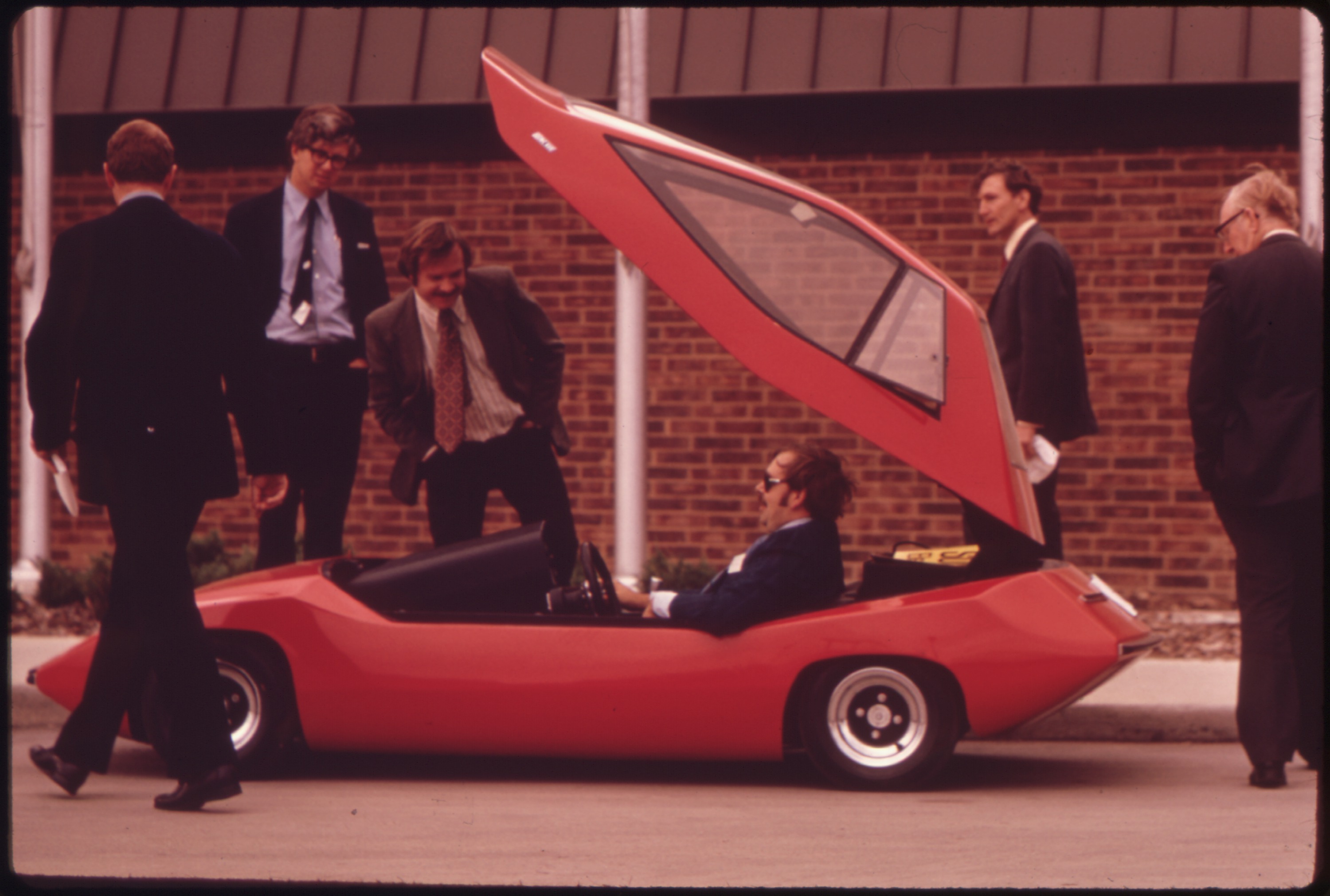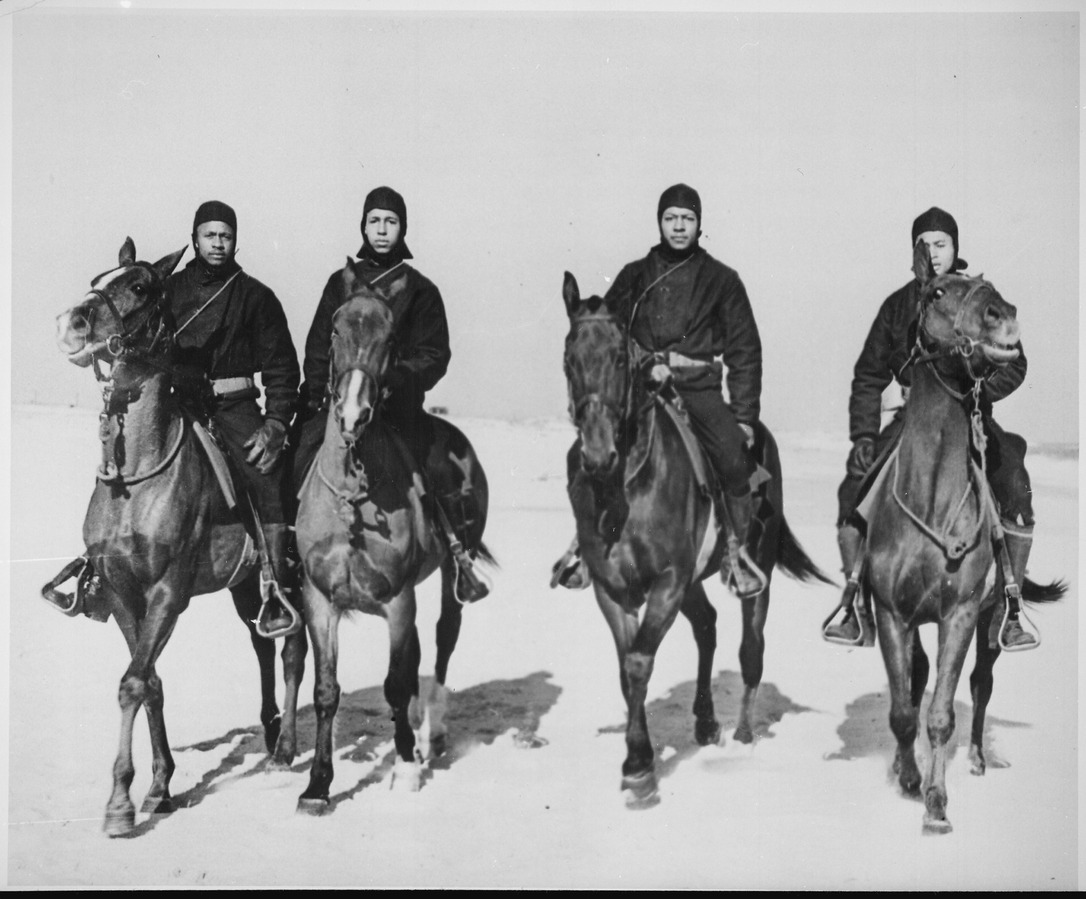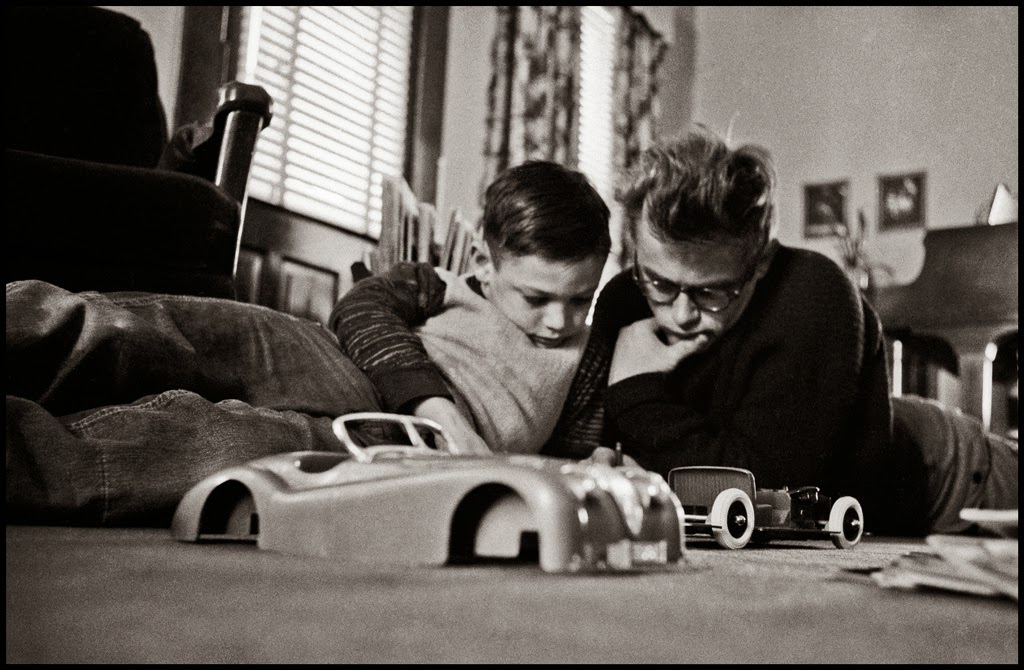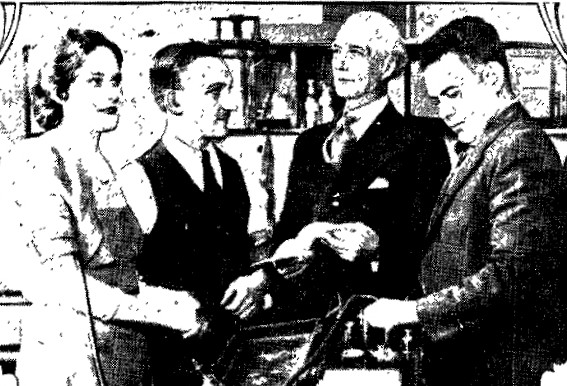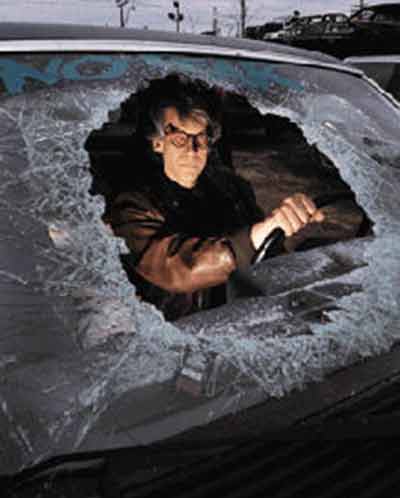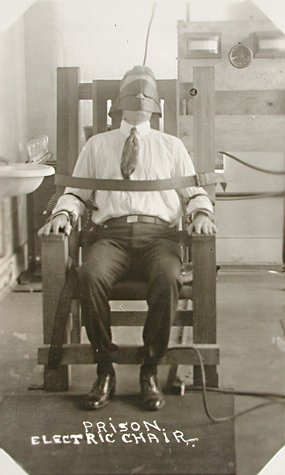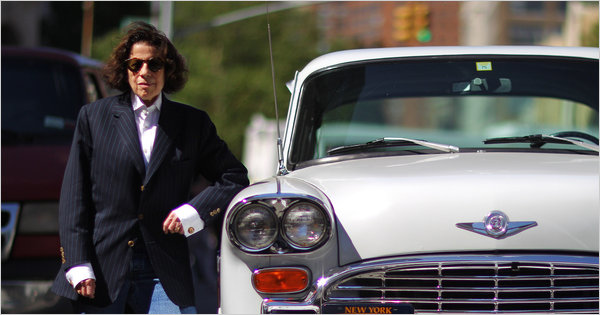I wonder if we were to do a historical hack of the American Revolution and supplied both sides, redcoats and turncoats, with the diffuse and interconnected technology of 2014, if it would have made the uprising’s stunning success more possible, less possible or impossible. It would be fun to reverse engineer that upheaval along modern tech standards.
On a related note, David Runciman of the Guardian wonders whether politics or technology will rule our future. I think it will be tougher and tougher for legislation to control too many things as we move forward, especially if the Internet of Things becomes a real thing. The opening of Runciman’s well-considered piece, which has some interesting thoughts about China’s technocratic rule:
“The most significant revolution of the 21st century so far is not political. It is the information technology revolution. Its transformative effects are everywhere. In many places, rapid technological change stands in stark contrast to the lack of political change. Take the United States. Its political system has hardly changed at all in the past 25 years. Even the moments of apparent transformation – such as the election of Obama in 2008 – have only reinforced how entrenched the established order is: once the excitement died away, Obama was left facing the same constrained political choices. American politics is stuck in a rut. But the lives of American citizens have been revolutionised over the same period. The birth of the web and the development of cheap and efficient devices through which to access it have completely altered the way people connect with each other. Networks of people with shared interests, tastes, concerns, fetishes, prejudices and fears have sprung up in limitless varieties. The information technology revolution has changed the way human beings befriend each other, how they meet, date, communicate, medicate, investigate, negotiate and decide who they want to be and what they want to do. Many aspects of our online world would be unrecognisable to someone who was transplanted here from any point in the 20th century. But the infighting and gridlock in Washington would be all too familiar.
This isn’t just an American story.”

